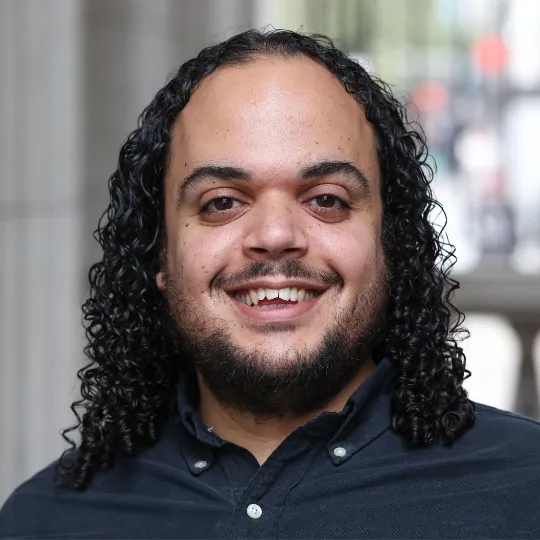Understanding and addressing the influence of colonialism on Obstetrics and Gynaecology specialty training in the UK
This project aims to understand how colonialism is manifested in educational guidelines that governObstetrics & Gynaecology (O&G) education for doctors, how it influences the experiences of O&Gtrainees and trainers, and what changes are needed to improve specialist education for doctors, which may lead to more equitable care for patients in the future.
Colonialism has informed how systems and knowledge have been built and implemented for the past 500 years and still has a very tangible effect in today’s medical education and patient care andoutcomes. In the field of O&G, being minoritised means being at increased risk of adverse healthoutcomes and discrimination. O&G trainee doctors from minoritised backgrounds, and especiallyracially minoritised backgrounds, are more likely to fail exams, receive unsatisfactory outcomes during their Annual Review of Competency Progression, and experience discrimination in training and at work.
I will use Critical Discourse Analysis to analyse the guidelines that govern O&G postgraduate specialty training focusing on the power dynamics and potential inequality embedded within the codified texts produced over time. I will interview trainee doctors and trainers to elicit their educational experience. Based on the analyses of the two, I will co-produce a structured recommendation to improve the equality and fairness in O&G education.


